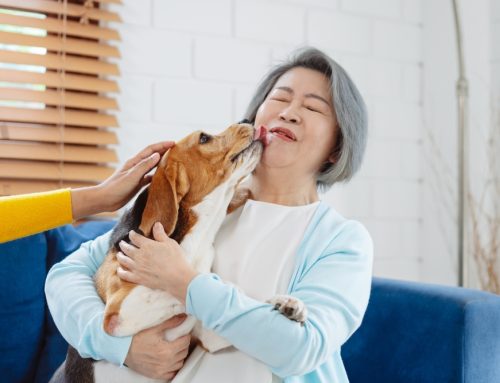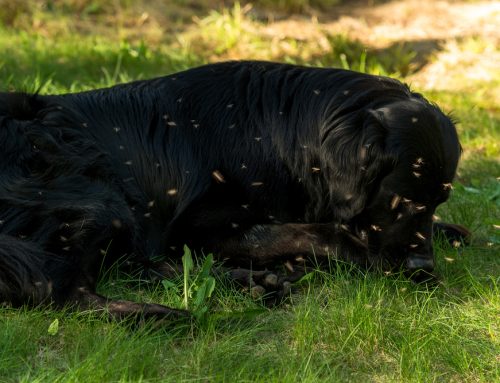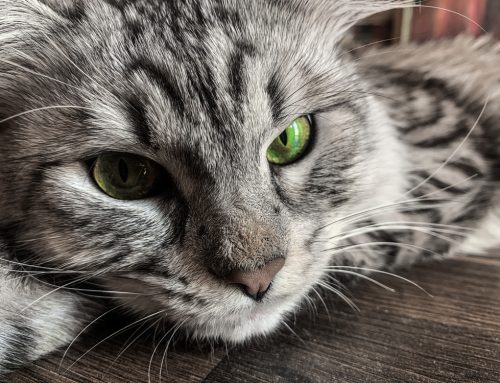Bob and Mia were 11-year-old Himalayan cats rescued from an animal shelter when they were tiny fur babies. The brother and sister were inseparable over the years. As a kitten, Mia once got stuck under a deck and Bob stood guard over the hole howling ferociously until their human family members found her. During another incident years later, Mia became seriously ill and appeared to be at the end of her life. Faithful Bob held vigil next to Mia throughout the entire ordeal and only left her side when she finally struggled to her feet in obvious recovery.
Unfortunately Bob’s family had to make the agonizing decision to put him down. Mia seemed oblivious the first week or so Bob was gone, because he had “disappeared” to the vet before and then showed up back at home days later. Sadly, when Mia realized Bob was not coming back, her behavior underwent a drastic change.
Her appetite waned, she spent frantic hours combing through the house and yard mewing loudly, and she avoided contact with her human family members. Her human parents were uncertain whether Mia was actually grieving, or whether she was simply reacting to the overall sadness in the home and the changes in her human family.
A pet’s behavior may change when they lose an animal buddy
While experts cannot confirm or deny that pets grieve, any owner who has observed a pet who has lost their animal buddy has likely seen the surviving pet undergo behavior changes. The American Society for the Prevention of Cruelty to Animals (ASPCA) noted, “It is well-documented that pets can recognize death in a companion animal. Cats, dogs and horses who see the deceased body of an animal they knew can adjust well and spend less time searching and grieving than pets who have not seen their companion’s remains.”
How to help them deal with their loss
So if it is possible, experts advise companion pets be allowed to view or sniff their buddy’s body so they won’t feel confused by their friend’s absence or be driven to look for their fallen comrade.
ASPCA suggested that, if pets appear depressed and/or show unusual changes in their eating, playing or sleeping, it often helps to give the surviving pet some extra attention and love. Too much attention can reinforce negative behavior, though, so pet owners should monitor a pet’s reaction.
Talking to them and being positive also shows them in a way they can understand how much you care about them. Grooming is another way to comfort them and show them how appreciated they are. There are even some herbal remedies that can be given to lift mood, but always check with a pet’s veterinarian before trying any.
It is not a bad idea, too, to check with a vet to rule out any underlying medical problems that may be causing the behavior changes and get other tips on how to offer support and comfort to a surviving pet. Much like humans, pets who appear to be grieving should be allowed to grieve in their own special way and on their timing. For some, grieving may not be noticeable, especially if there were more than two animals in the home. For others, support, encouragement and time will help heal their wounds.






